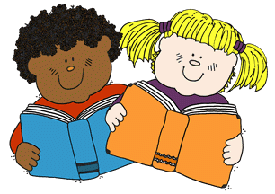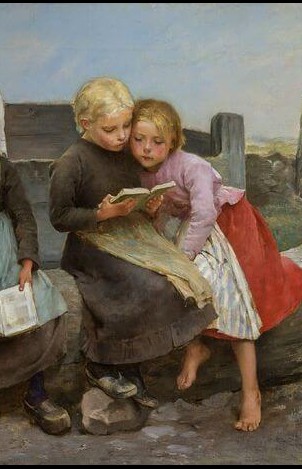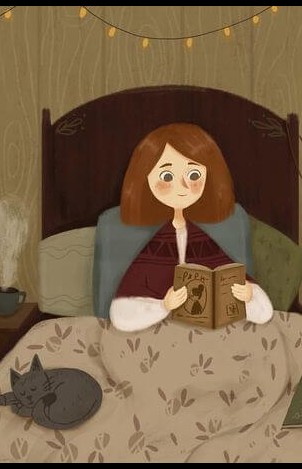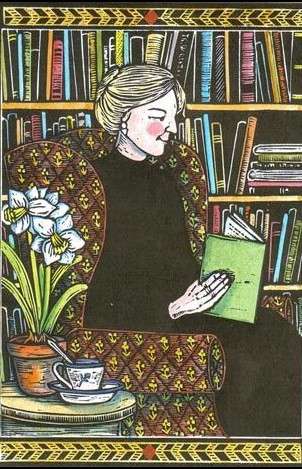Literacy Blogs
- All
- 3-cueing
- academic learning time
- academic vocabulary
- accommodations
- accountability testing
- Active View of Reading
- adolescent literacy
- afterschool programs
- alphabet
- amount of instruction
- amount of reading
- argument
- assessment
- auding
- author awareness
- automaticity
- balanced literacy
- beginning reading
- Book Buddies
- Book Flood
- challenging text
- classroom organization
- close reading
- coaching
- cohesion
- Common Core State Standards
- complex text
- comprehension strategies
- content area reading
- context analysis
- curriculum materials
- Daily 5
- decoding
- departmentalization
- DIBELS
- dictionary skills
- digital texts
- disciplinary literacy
- dyslexia
- early interventions
- effective teachers
- Emily Hanford
- executive function
- family literacy
- fingerpoint reading
- foundational skills
- graphic novels
- guided reading
- heterogeneous grouping of students
- homework
- improving reading achievement
- independent reading
- independent reading level
- informal reading inventories
- informational texts
- instructional level
- invented spelling
- jigsaw instruction
- knowledge
- leadership
- learning disabilities
- Lexiles
- linguistic comprehension
- listening comprehension
- literacy charities
- literacy policy
- literary interpretation
- main idea
- morphology
- motivation
- narrative text
- National Early Literacy Panel
- nonsense words
- oral language
- oral reading fluency
- paraphrasing
- Pause, Prompt, Praise (3P)
- personalized learning
- phonemes
- phonemic awareness
- phonics
- press and media
- principals
- prosody
- Readers' Workshop
- reading comprehension
- reading disabilities
- reading intervention
- reading levels
- reading models
- Reading Recovery
- reading research
- reading skills
- reading strategies
- reading to children
- reading wars
- reading-writing relations
- remedial reading
- rereading
- Response to Intervention
- Scarborough's Rope
- science of reading
- seatwork
- semantics
- sentence comprehension
- sequence of instruction
- set for consistency
- set for variability
- shared reading
- shared reading
- sight vocabulary
- simple view of reading
- Simple View of Reading
- small group instruction
- social studies
- sound walls
- Special Education
- speech-to-print phonics
- spelling
- stamina
- summarizing
- Sustained Silent Reading
- syllabication
- syntax
- syntax
- testing
- text complexity
- text interpretation
- text reading fluency
- text structure
- theme
- think-pair-share
- trauma
- visualization
- vocabulary
- word walls
- writing
- zone of proximal development (ZPD)
Me and Reading Recovery
Teacher question: Would you do an article about your thoughts on recent report about Reading Recovery? Shanahan response: The first time I heard of Reading Recovery (RR) was in 1987. The editor of the Journal of Reading Behavior asked me to review Marie Clay’s book, Early Detection of Reading Disabilities. I knew of the book – even had a copy – but was only aware of the innovative assessment that it presented. I hesitated to take on the task since the book was already in its third edition and had attracted a reasonable number of reviews already. "That's the point," she told me. The ...
Don't Confuse Reading Comprehension and Learning to Read -- Rereading
Teacher question: You say that we should teach students to read with grade level texts. But my professor (I’m working on a master’s degree in reading) says that would be a big mistake since harder texts have been found to lower students’ fluency and comprehension (Amendum, Conradi, & Hiebert, 2017). Your research says one thing and his says something else. How can I sort this out? I kind of think that he is right since my students don’t read as well when I put them in the grade level books. Shanahan response: This is an easy question to answer: I’m right and your ...
Integrating Literacy Instruction with Science and Social Studies
Teacher question: I wonder why you never write about curriculum integration. This year my district is all about including social studies in all of our lessons and my sister (a teacher in another state) is doing something like that with science in the upper grades. Do you have any advice for teachers like us? Shanahan response: As a teacher I was a strong advocate of integrating reading and writing instruction at a time when that kind of thing wasn’t common. Later, when I became an academic, I studied reading-writing relationships and that blossomed into an interest in the combination of other curricula as ...
Should I teach students to memorize sight words and monitor their progress?
Teacher question: I would love to see a blog post on whether to teach sight words/high frequency words, and if there is any useful reason to track whether a student is learning them. My teachers are still teaching them in K and 1st, but more through reading and spelling them, decoding, and encoding them, in and out of text, and not by memorizing their shape. Yet, they are unsure of whether it is worth it to track which words they've learned and how much intervention to provide based on that data. Shanahan responds: The short answer to both of your questions is, “yes,” ...
Decoding or Fluency Instruction in Middle School?
Teacher question At our middle school, two-thirds of our students are not proficient readers (55% of them read below the 30th percentile). Our staff decided that to help address this problem all our students would engage in repeated reading in each core content class once a week. This would be done with grade-level text. Teachers read the passage, students choral read with teacher, and then students read with a partner. That's it. We have been told that this way of repeated reading will help our students improve their phonics and fluency. I'm not in full agreement with this, but we have ...
Do Screening and Monitoring Tests Really Help?
Teacher Question: I’m surprised that you don’t write about screening and monitoring tests. I’ve been a teacher for 24 years (first-grade) and I’m considering an early retirement. It seems like I’m supposed to test my students more than teach them. We just test and get ready for tests. I feel so sorry for the boys and girls. I want to teach reading, not FSF, ISF, PSF. NWF, WRF, ORF, LNF. Help me, Dr. Shanahan. Is this what’s best? Is this really a part of the “science of reading”? Shanahan response: I feel your pain. When I was a first-grade teacher, we didn’t have ...
Why Don't You Encourage Reading Practice?
Teacher question: Why don’t you like independent reading? It only makes sense for students to practice reading if they’re going to get good at it. My students live in poverty. They won’t read at home, so I provide 20 minutes a day for them to just read. Practice makes perfect, you know. Shanahan responds: You’re right about the importance of practice. Practice has value in the development of any skilled activity. I have no doubt that reading practice plays a role in making kids better readers. I don’t oppose encouraging students to practice their reading. However, as a but I do believe in making instructional ...
How Much Phonics Should I Teach?
Teacher: I keep hearing about the science of reading and that I need to teach phonics (I’m a second-grade teacher). I’m okay with that but there is a lot to teach in reading. How much of the time should I spend teaching phonics? Shanahan’s response: Man was I surprised. I’d already spoken to the principal about the school curriculum. He’d given me an overview and assured me that what his teachers needed was training in academic language and how to ask high level comprehension questions. The speaker at a professional conference had stressed the importance of those in high poverty schools and ...
How do we teach Executive Function in reading?
Teacher question: Could you tell us how to teach “Executive function skills”? We don’t teach them at our school, and our core program doesn’t emphasize them. However, the graduate program I’m in says they are important. Our school district emphasizes the reading rope, and it doesn’t even mention executive function. But my professor showed us the “Active View of Reading Model” which does include it. Which of these is the science of reading and what should I be doing to teach executive function? I teach third grade. Shanahan response: Let’s first try to figure out what executive function is. Basically, the term executive ...
How to Teach Writing Fluency
Teacher question: What can you tell me about writing fluency in grades K-5? Our district is making a major effort to improve writing which is great, but our kids don’t’ write much. I don’t mean that the teachers don’t give writing assignments (they do), but the writing that the kids produce is very limited and it takes them a long time. I can’t see how we can improve their writing if they can’t write more. Shanahan response: Writing fluency is a slippery fish. Definitions of the term vary greatly within the profession (Latif, 2013). Not surprisingly, those differences in definition result in ...
.jpeg)
.jpeg)







